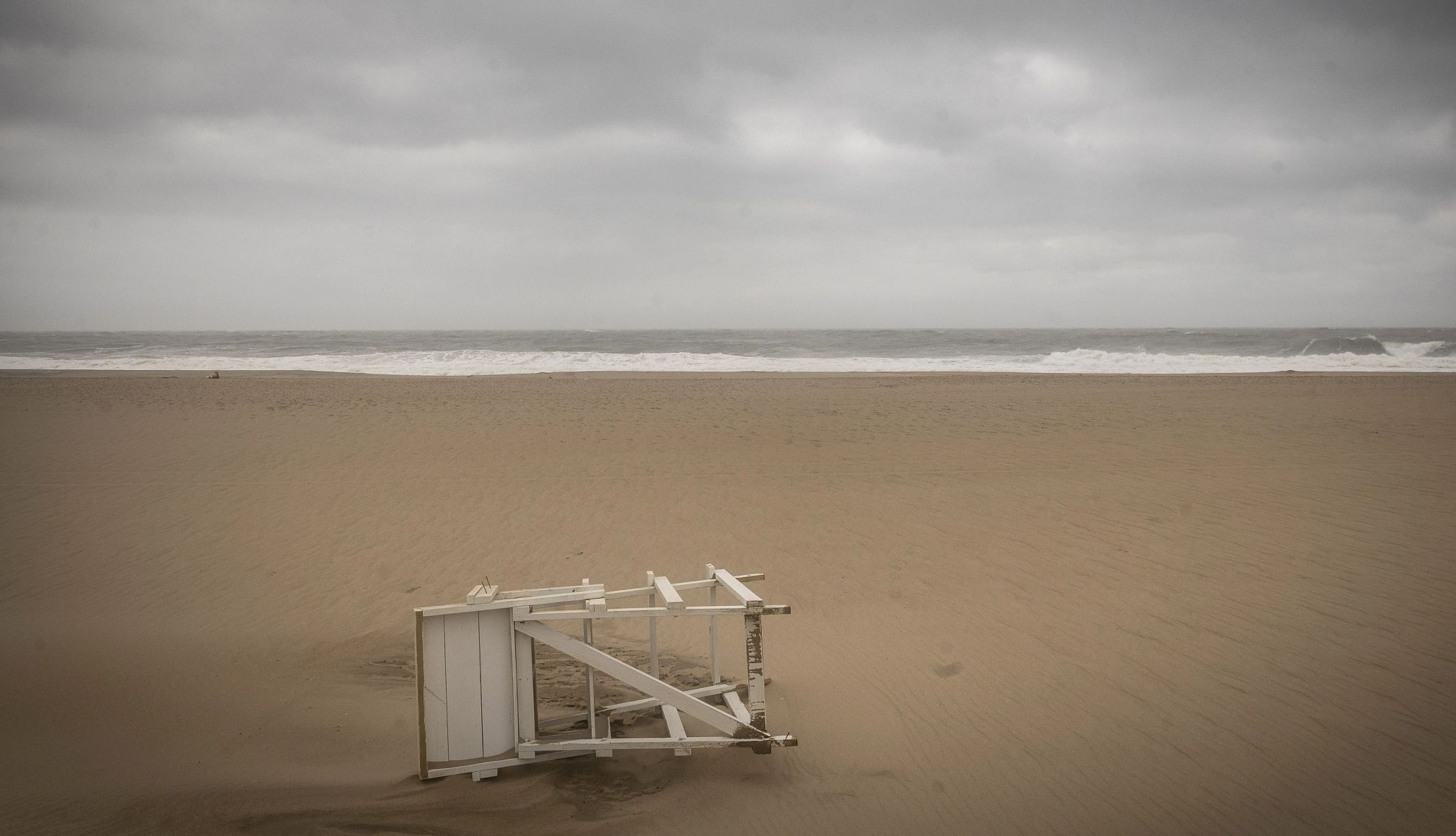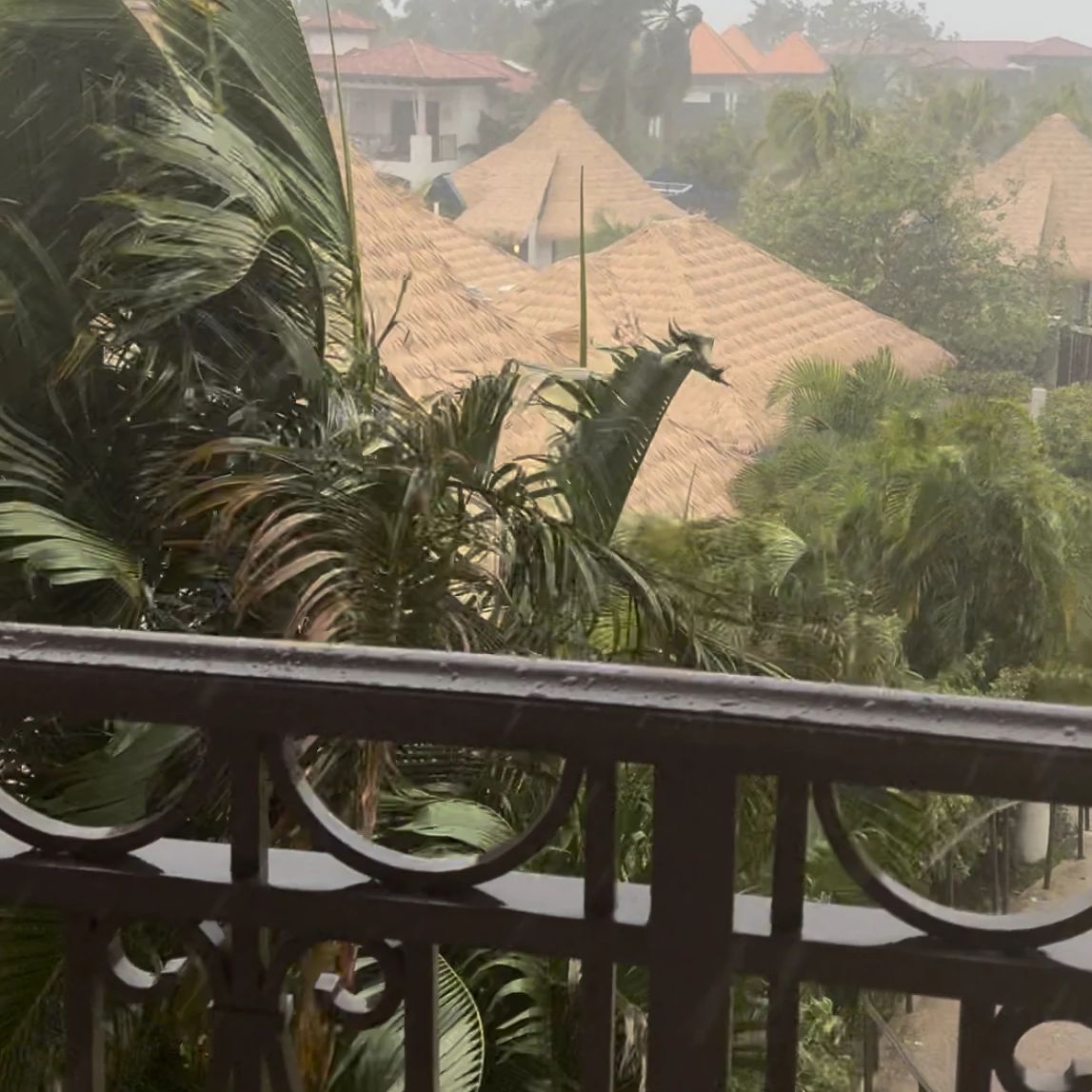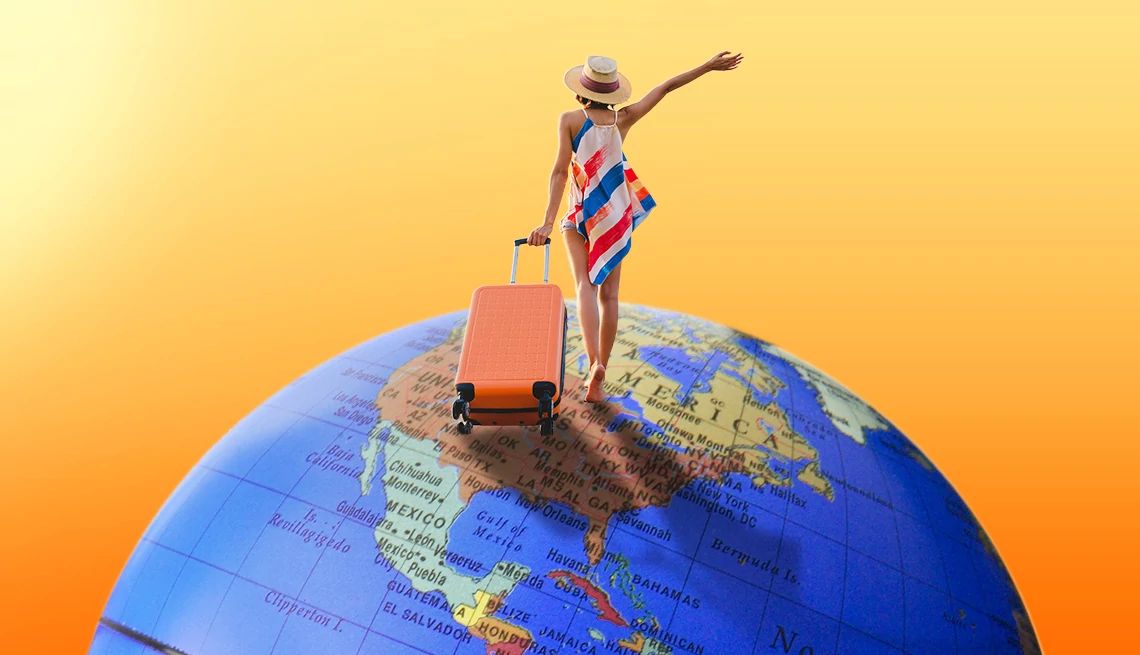AARP Hearing Center
Hurricane Beryl, the first hurricane of the 2024 Atlantic hurricane season, became a Category 5 hurricane on July 2, 2024 — the earliest Category 5 storm in the Atlantic on record — reaching wind speeds of up to 165 mph. Combined with above-normal activity predictions for 2024 from the National Oceanic and Atmospheric Administration (NOAA) and the growing numbers of visitors to Florida and the Caribbean, this means it’s possible you could be on vacation when a hurricane strikes.
According to the latest AARP travel survey, 36 percent of travelers 50-plus who had planned an international trip chose the Caribbean or Latin America, while Florida is the most popular domestic destination. Hurricane season lasts from June 1 through Nov. 30, and with NOAA predicting 17 to 25 named storms in 2024, you need to be ready.
Older adults are more at risk during natural disasters and extreme weather events due to mobility challenges, chronic health issues and other concerns, so it’s important to have a plan before you go. In 2022, when Hurricane Ian hit Florida, of the roughly 150 deaths attributed to the disaster, about two-thirds were people 65 or older. Here are some ways to protect yourself before your trip and once you’re on vacation if a hurricane strikes.
Before you go: Buy travel insurance
Jack Ezon, founder and managing partner of luxury travel company EMBARK Beyond, recommends two kinds of insurance to his clients: evacuation insurance and weather insurance, a newer product offered by WeatherPromise and Sensible Weather that protects the cost of your trip in case of bad weather. Travelers also should consider travel insurance plans offering CFAR (Cancel for Any Reason) coverage with companies such as Allianz, Travelex and AIG’s Travel Guard.
If you’re looking for coverage specifically in case of a hurricane, Teresa Tennant, senior vice president of Cruise Specialists, says, “Coverage for trip delay and trip interruption are available for weather events as long as a storm has not yet been named. Once named, it’s a ‘known event,’ and you cannot purchase protection after the fact.”
It’s also important to note that medical coverage is limited if you’re 65 or older, on Medicare and have a medical emergency outside the U.S. Before you buy, ensure the plan you’re considering includes medical coverage.
Melanie Fish, head of Expedia Group brands public relations, advises, “Travel insurance varies from provider to provider and policy to policy, so make sure to read the fine print and review the policy to ensure that it provides the right coverage for your needs.”
Cruises vs. land-based trips
If you’ve opted to take a cruise vacation, you may not have to worry about interruptions to your trip.
“Cruise lines are, of course, constantly monitoring the weather reports. When there is news of strong weather systems, hurricane, tropical storm, etc., they will evaluate the need to make any alterations to their itineraries. This gives them some … advantage over land options that are fixed,” Tennant says. Cruise lines can look for alternative ports or reposition the ship and add a day or more at sea, she says. To keep everyone entertained, they can schedule additional programming.






































































